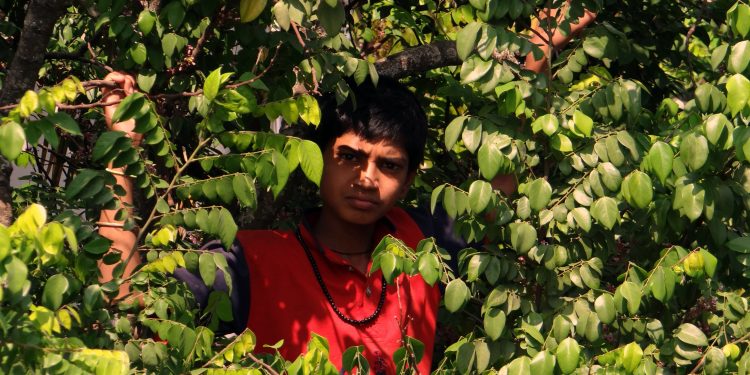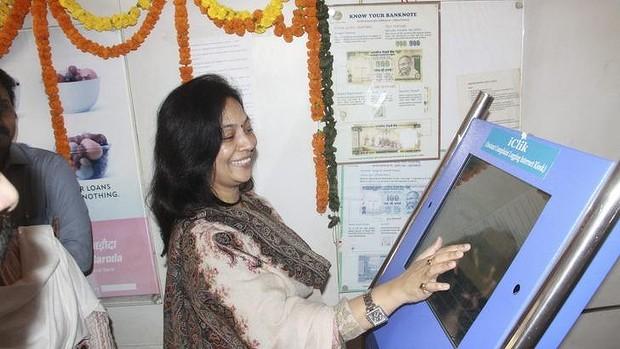Not in My Name: The Campaign That Was and Its Cultural Implications

Recently we had more than 100 defense veterans writing to the Prime minister, Mr. Narendra Modi, saying that they were in support of the ‘Not in my Name’ campaign and further adding that they condemned the act of targeting Muslims and Dalits in the name of protecting Hinduism. What is this ‘Not in my name campaign’ and why we as the people of a democratic nation should be concerned about it? Let’s look at how it makes a difference to us as a diverse nation where we always talk about unity in our diversities in terms of religious, cultural and other various beliefs.
The Campaign
It all started with the killing of a 15 year old Muslim boy on a train near Delhi by a mob who termed him as a beef-eater. The boy was stabbed to death in Ballabhgarh, Haryana when an argument over train seats got more serious and religious slurs triggered the attack. This in turn led to a Facebook post by Gurgaon based filmmaker Saba Dewan condemning the killing and asking for people to come in support of the cause.
This incident has brought together people across the country uniting in their condemnation about the incident. Though originally planned as just a campaign in Jantar Mantar, in the heart of Delhi, it quickly spread across other main cities of the country like Kolkata, Allahabad, Chandigarh, Jaipur, Patna, Hyderabad, Bengaluru, Mumbai, Lucknow, Kochi and Thiruvananthapuram. The latest incident being that, about 114 veterans from all the defense forces wrote a letter to the PM, showing their support to the campaign.
What Holding the Campaign Brings
This campaign brought out the solidarity among the people of the nation. Usually when we have incidents like this reported in the news, we get an onslaught of sympathy, and helplessness from people since they do not really know what they can do about it. But in this case, just a Facebook post made people sit up, take notice of it and made them come in unison to express their condemnation of the event.
There have been few such incidents in the past year, where there have been a few mob killings in the name of Gau Bhakthi (cow devotion). Our honorable PM Modi had also earlier this month condemned these killings. The government can definitely take some steps to ensure such events are not repeated, but it also requires support from people, which can be expressed through these campaigns.
The Cultural Implications
What is the cultural implication of such a campaign in a diverse nation like ours? We have people of different cultural beliefs living in harmony, in unison. When we say this, we should be ready to accept other people’s beliefs and respect them. We may ourselves not believe in eating beef or any other meat, being pure vegetarians, but we definitely need to realize that people of other culture may find nothing wrong in that when that is their belief .
As people of a democratic nation, we need to understand the difference between our constitutional rights and taking law into our hands. We definitely have the right to support and voice our concern in what we believe is right, but we do not have any right to force our beliefs on other people. Mob killings like these are nothing less than murders done by people to get their way. Let us all understand the truth in Hinduism, it does not teach us to live like hypocrites, advocating our beliefs, when there are true reforms needed in the society. Let us live and let live.




